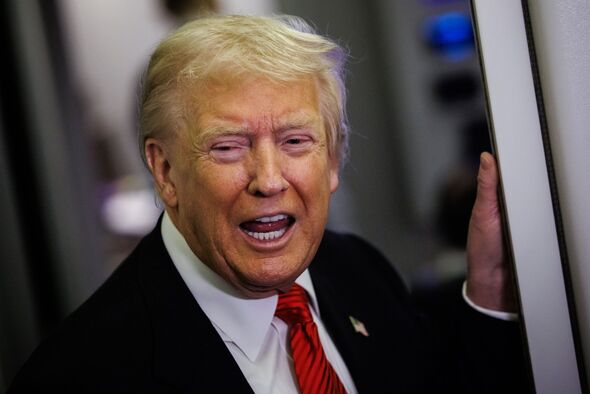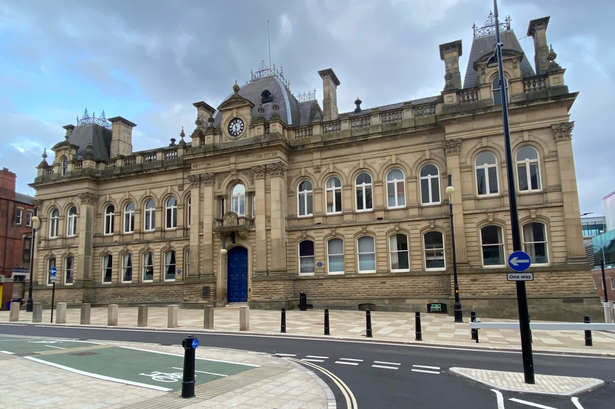Donald Trump has publicly welcomed the resignations of BBC director-general Tim Davie and head of news Deborah Turness, following a controversy surrounding an edited clip of his speech from January 6, 2021. The resignations come amid claims that the BBC misrepresented Trump’s comments regarding the events at the U.S. Capitol, an issue that has drawn significant media scrutiny and public debate.
In a statement, Mr. Davie acknowledged that “mistakes had been made” and accepted full responsibility for the situation. The edited clip aired in a Panorama programme shortly before the U.S. elections last year, where it was suggested that Trump had urged his supporters to march with him to the Capitol to “fight like hell.” This portrayal has sparked accusations of bias against the BBC, which has long been a respected public broadcaster.
Turness expressed her regret over the controversy, stating that it had “reached a stage where it is causing damage to the BBC – an institution I love.” In response to the resignations, Trump took to his Truth Social platform, declaring that “very dishonest people” had attempted to interfere with the democratic process. He expressed gratitude to the Telegraph for uncovering what he termed “corrupt journalism.”
In his message, Trump emphasized, “The TOP people in the BBC, including TIM DAVIE, the BOSS, are all quitting/FIRED, because they were caught ‘doctoring’ my very good (PERFECT!) speech of January 6th.” He further criticized the BBC’s status as a public broadcaster in a country he referred to as one of America’s closest allies, calling the situation “a terrible thing for democracy.”
The BBC had previously faced criticism from Trump’s administration, which labeled the organization a “Leftist propaganda machine.” The edited footage was dismissed as “100% fake news” by White House representatives.
In a farewell message shared with staff, Davie stated that his resignation was “entirely” his own decision and expressed gratitude for the support he received from the board during his tenure. He remarked, “Like all public organizations, the BBC is not perfect, and we must always be open, transparent, and accountable.” He noted that while the organisation has performed well overall, there have been “some mistakes made” that warranted his decision to step down.
The BBC has come under fire recently for various perceived shortcomings, including a 19-page dossier detailing concerns about its impartiality. Former editorial advisor Michael Prescott highlighted issues related to the broadcaster’s reporting on the Israel-Hamas war and what he termed “censorship” in its coverage of transgender issues.
Additionally, the taxpayer-funded corporation has faced backlash over its decision to livestream a controversial performance by Bob Vylan at Glastonbury and for airing a documentary narrated by the son of a Hamas official. With its Royal Charter set for renewal in 2027, the BBC is navigating an increasingly complex landscape of public scrutiny and demands for accountability.
As the fallout from these resignations continues, the implications for the BBC’s future and its role in public discourse remain to be seen.







